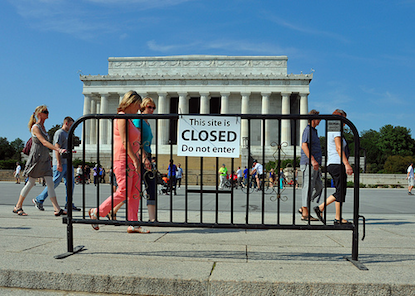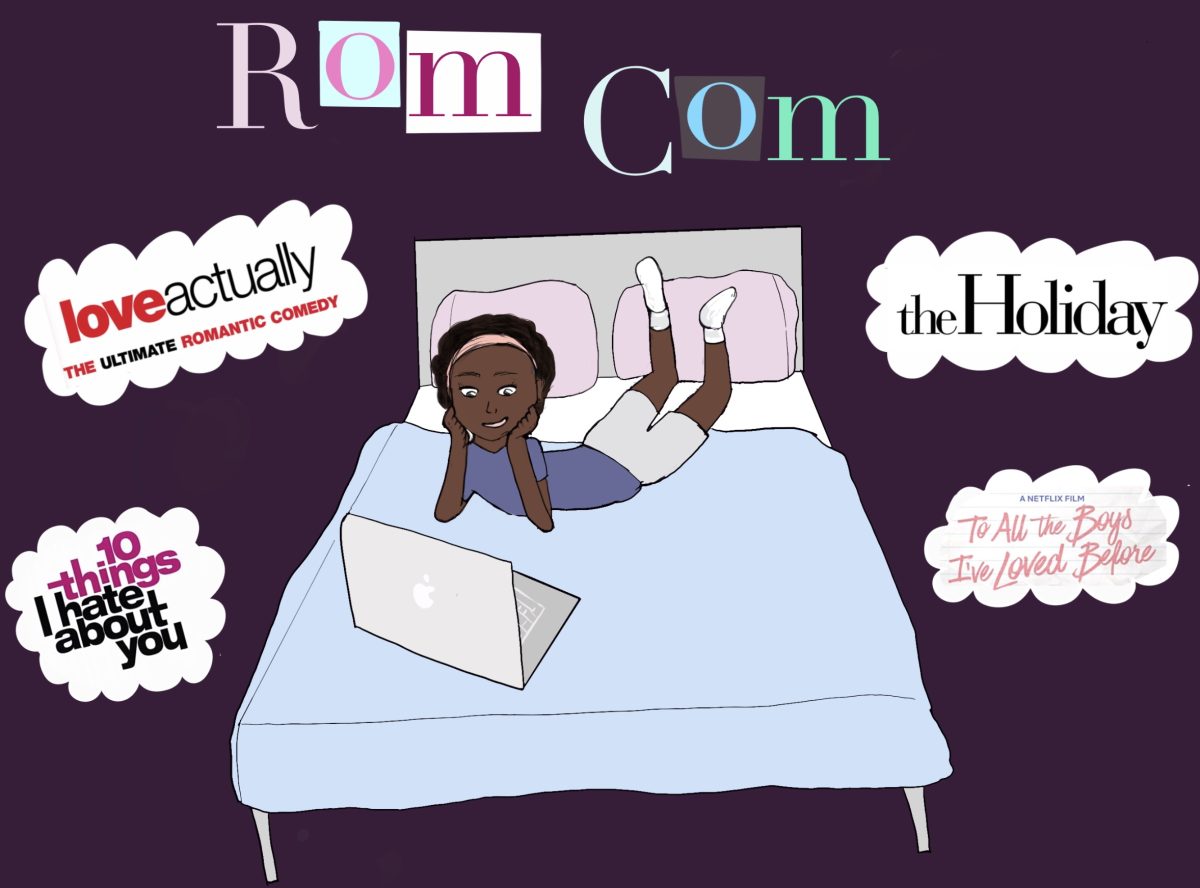
As you’ve probably heard, the federal government shut down on Monday night. But what does that mean, exactly?
Why did the government shut down?
At the beginning of every fiscal year, Congress has to pass a budget allocating funds to federal agencies. Although Congress often fails to pass these budgets on time, in the past they have always passed a stopgap spending bill, which extends funding for a few weeks, giving them time to agree on a final budget. However, during this year’s budget meeting, the Republican majority in the House of Representatives came to the consensus that they would only allow the budget bill or a stop-gap spending bill to pass if it defunded the Affordable Care Act, also known as Obamacare, thus preventing the new health care program from going into effect on Oct. 1. Since Obamacare is the single biggest legislative achievement of President Obama’s time in office, the Democrat-controlled Senate refused to pass any budget that would be detrimental to the program’s implementation. It was in response to the budget’s inevitable defeat in the Senate that Ted Cruz (R-TX) launched his infamous filibuster in an attempt to delay the vote. Regardless, the bill was predictably defeated and altered to remove the Obamacare-smashing caveat before being sent back to the House. House Republicans then added a provision delaying the beginning of Obamacare for one year, but the bill was once again struck down in the Senate. The bill continued bouncing between the two legislative branches until 12:01 am EST on Tuesday morning, at which point the previous year’s budget expired and funding evaporated. “Non-essential” agencies began shutting down.
What is a “shutdown?”
“Non-essential” agencies include the National Institutes of Health, the Centers for Disease Control and Prevention, the National Park and Forest Services and the Environmental Protection Agency, among others. In some instances, segments of an agency will be shut down while others continue operations. For example, although the Postal Service will continue to deliver mail, the people who screen mail to make sure no one is trying to poison a politician will no longer be working. The IRS will continue collecting taxes but will not perform audits. Active duty military personnel will still get paid, but many veterans’ services will be disrupted. Social Security checks will still arrive, but the Department of Agriculture will halt the Women, Infants and Children program, which helps mothers provide nutritious food for their children. Approximately 800,000 federal workers have been sent home, or furloughed, most of them without pay.
How will this affect you?
The shutdown is predicted to have detrimental economic effects. The government’s inability to reach a consensus is seen by both domestic and international financial institutions as a sign of political instability and ineptitude and is thought to predict future economic failure. In reaction to that instability, the stock market has taken a plunge, with the DOW Jones industrial average dropping over 100 points per day since the shutdown began.
The longer the shutdown continues, the greater the economic effects. Gradually, the 800,000 people who are no longer getting paid and thus no longer contributing to the U.S. economy will strain the system.
Additionally, Congress’s failure to reach a compromise raises concerns for another important upcoming spending bill: Congress must pass a bill raising the debt ceiling. When the U.S. government has a high deficit (meaning that we owe a lot of money), Congress must pass a bill to raise the debt ceiling (the maximum amount of debt that the government can have), otherwise the United States will have to default on legal obligations. This would be incredibly problematic: a failure to pay back debts to foreign countries, one legal obligation, would undermine U.S. credibility in the world economic market, and potentially cause global economic instability. The government would also struggle to pay Social Security, veterans benefits, and federal workers, causing a backload of payments that would starve the economy and damage consumer confidence. Basically, this would prompt a return to recession.
Why should you be angry?
First of all, Obamacare is already a law. It was signed into law on March 23, 2010 and was upheld by the Supreme Court in June, 2012. Clearly, Republicans are unhappy about it, but at this point they’ve spent three years arguing about it, at the expense of many other important domestic issues. Now, apparently, their perpetual angst about the spread of “socialized” health care (that is not the correct use of the word “socialism,” by the way) has driven the United States over the cliff and into a total government shutdown.
Does Obamacare have flaws? Yes. Are those problems bad enough that they merit causing an economic calamity in order to prevent the law from going into effect? Absolutely not. Our federal government should be prioritizing the financial well-being of the country over their conflicting partisan ideologies, and their failure to do so displays their utter ineptitude before the U.S. and international public.
Also, despite the fact that 800,000 government workers (including my sister, who works for the U.S. Forest Service) have no source of income until this mess is resolved, Congress is still getting paid. That’s ridiculous. Members of Congress seem to be driven by self-interest above all else, and maybe personally losing money would motivate them in a way that empathy for their struggling constituents cannot.
I hope this brief analysis has pulled a grain of sense from a twisted mess of politics, but if you want further assistance, here are some helpful resources:
The Shutdown Explained by Mean Girls
The Shutdown Explained by Ferris Bueller






